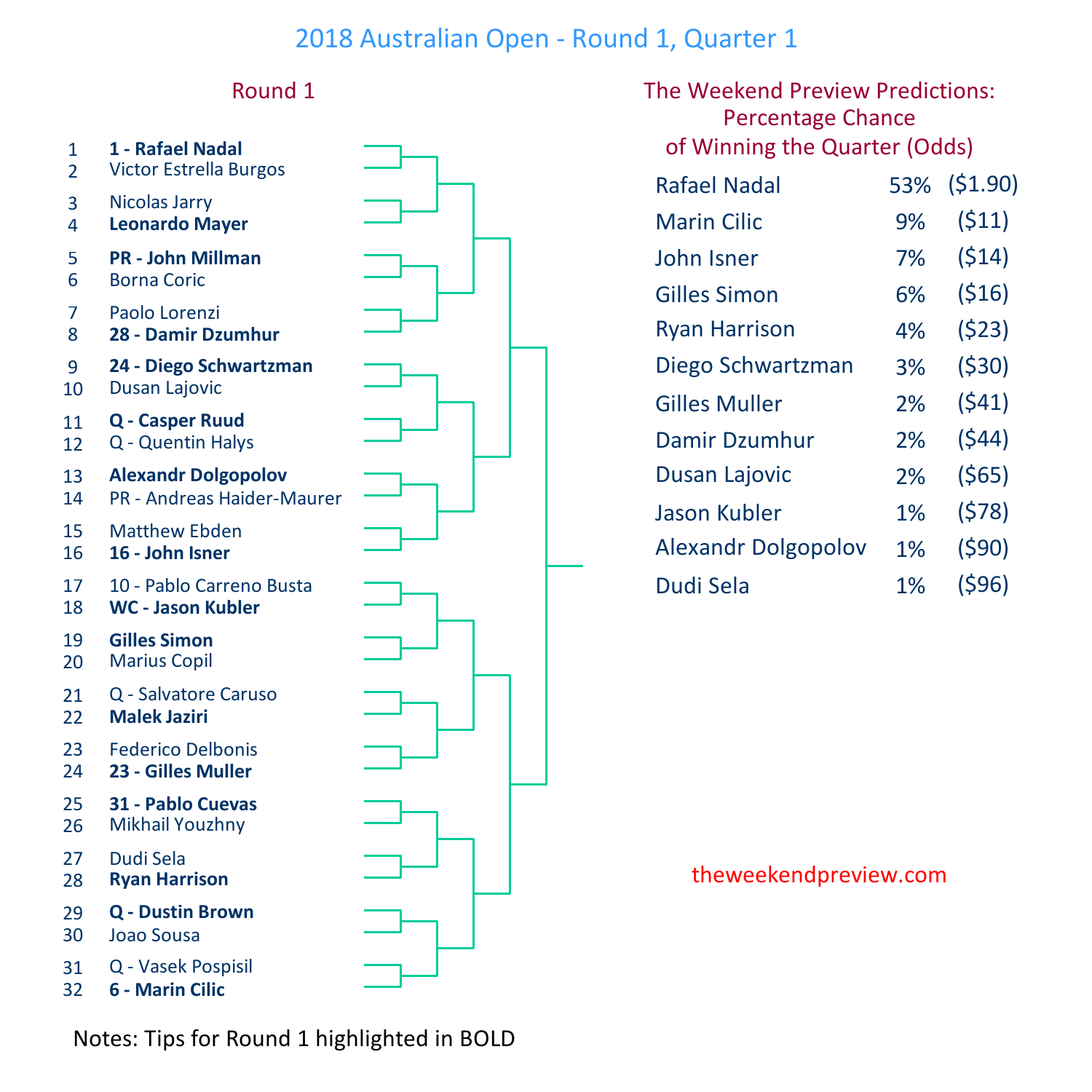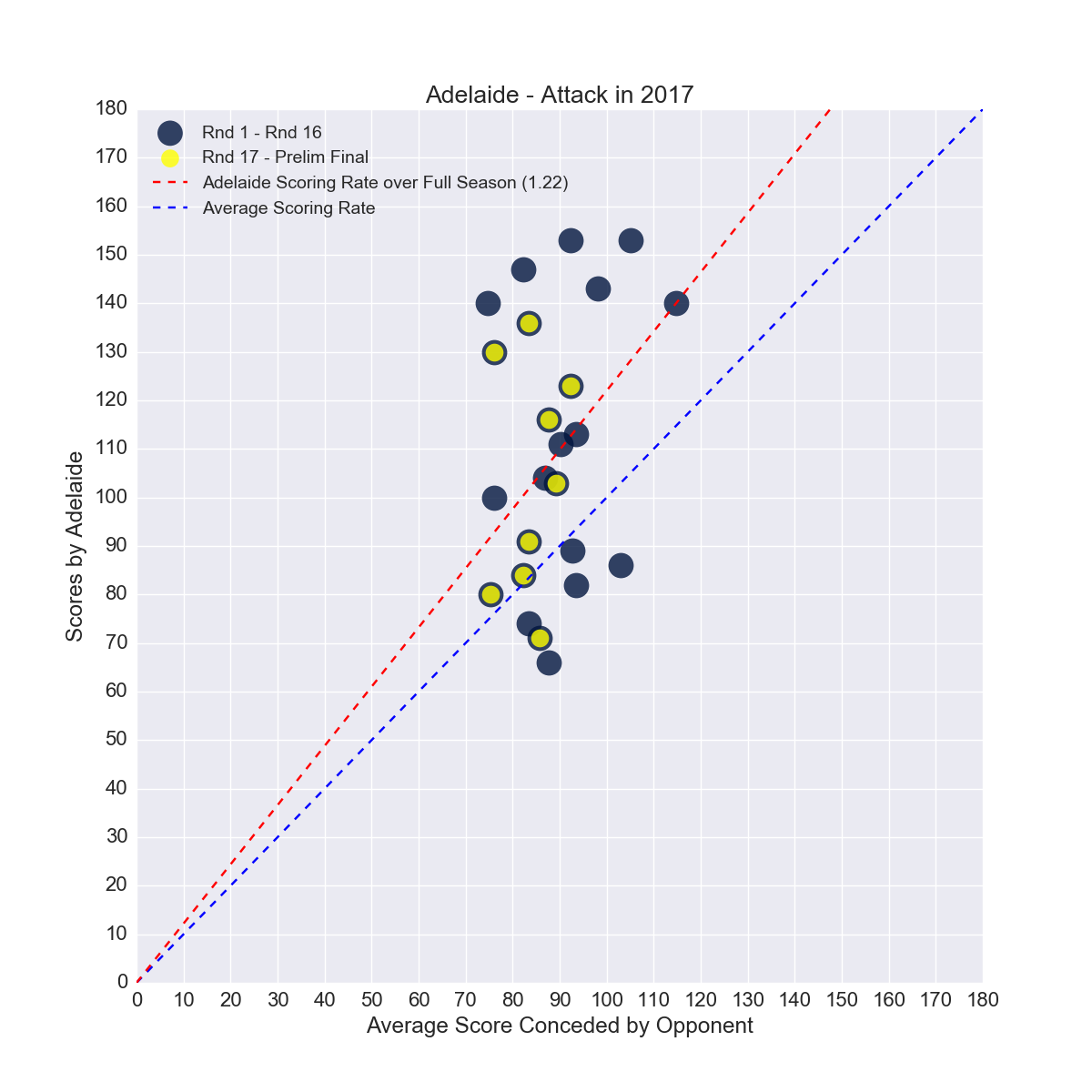The 2017 W.S. Cox Plate
Saturday, 5.00pm, 28th October 2017 at Moonee Valley Racecourse
----------
On the turn, 500 out.
Fearless Pride and My Axeman together.
A length and a half Lawman.
Kingston Town can't win.
Then Allez Bijou and the three year old Grosvenor running on.
My Axeman took the lead from Fearless Pride.
Grosvenor coming down the outside is after them.
My Axeman in front.
Grosvenor and Kingston Town flashing.
He might win yet the champ.
Grosvenor took the lead.
Oh, Kingston Town swamping them.
What a run Kingston Town, wins it a neck to Grosvenor.
Bill Collins in commentary, 1982 Cox Plate
In those few breathless moments, Kingston Town etched himself into the history books with the 1982 Cox Plate. Famously, given no chance at the turn for the home straight by commentator Bill Collins, Kingston Town was immortalised moments later as the only three-time Cox Plate winner. He may be joined in that elite club if Winx wins her third Cox Plate this weekend. With most of her potential rivals avoiding the race this year for fear of her dominance, a win on Saturday feels like a formality.
For the casual sports fan who may be unaware of the significance of winning three consecutive Cox Plates only a little history is required. Although the Melbourne Cup is the most iconic and renowned horse race on the Australian calendar, it remains a handicap race. That means the best or most credentialed horses are handicapped by carrying larger weights. In theory, this leads to an even-playing field, bringing all horses to the same probability of winning, so the ideal scenario for every handicap race is for all runners to cross the line together. The handicap setup means that long-odds outsiders are not uncommon winners, for example, Prince of Penzance winning the 2015 Melbourne Cup at 100-1. Even last weekend in the Caulfield Cup, which is Australia’s second biggest handicap race, the winner, Boom Time, had odds of 50-1.
The Cox Plate on the other hand is raced under weight-for-age conditions, meaning each runner is allocated a weight as per their age and gender. So, the older more mature horses carry the most weight, whilst females are also given an allowance. So, without the handicap, and with all things being equal, the best horse should win a weight-for-age race. In contrast to the Caulfield and Melbourne Cups, the last horse to win a Cox Plate at odds of 50-1 or more was Leonard in 1946.
The Cox Plate is traditionally raced 10 days before the Melbourne Cup over a 2040 m distance at Moonee Valley Racecourse. It’s timing in the Spring between the Caulfield and Melbourne Cups, the large prize money purse ($3million this year) and its historical prestige has resulted in the Cox Plate being regarded as the best weight-for-age race in Australia. As such, the horse that wins the Cox Plate can rightfully consider itself the best horse in the country.
Winning multiple Cox Plates is what transcends a horse into the pantheon of legends in the sport. The Moonee Valley Racing Club openly markets the event as the race where legends are made and it is a point difficult to argue considering the honour roll, which includes Australia’s most famous horse, Phar Lap as a multiple winner in 1930 and 1931. However, winning 3 Cox Plates is a tough ask even for the very best horses. A horse’s racing career is very brief, particularly if the breeding barn is calling, so it’s no coincidence that the horses that are etched into our memory are either mares or geldings. Although a career as a broodmare awaits the best females, the delayed retirement of the horse is far more economical in comparison to a stallion. The potential stud value for a high performing stallion means early retirement is inevitable. Hence, our most famous horses are usually female, such as Makybe Diva (2005 Cox Plate winner and three time Melbourne Cup winner), the undefeated Black Caviar (a sprinter that was never going to run a Cox Plate or Melbourne Cup) and now, Winx. As for the geldings they will always have their career maximised and the champion repeaters (the horses that come back each year and repeat themselves) have a special place in many race-goers hearts. Saintly (1996), Might and Power (1998) and Northerly (2001-02) are popular Cox Plate winning geldings from the past 20 years. And of course Kingston Town was a gelding and became the ultimate champion repeater.
On March 12th 1979 in a 2 year olds colts & geldings handicap raced over 1250 m at Canterbury (NSW) racecourse, a young colt called Kingston Town ran last of 13 runners. This unremarkable start showed little indication of his future dominance:
I will never forget that run. Few of our horses have ever gone as badly as Kingston Town did in that race. It was a disgraceful performance. He was last out of the stalls, just wouldn’t try and never looked like passing a horse. He just dropped further and further behind. It was embarrassing to think he came from our stable.
Ernie Smith, stable foreman and brother to legendary trainer T.J. Smith [1]
Trainer T.J. Smith acknowledged that their was only one solution for the colt:
He was a piggish sort of thing as a colt. He was always roaring out and yelling and carrying on, so I thought he should be gelded. I rang David Hains [the owner] and told him I thought the horse could gallop, but that I didn’t think he would do any good as an entire.
T.J. Smith [1]
That ended any ambitions the owners had for their horse having a breeding career, but it was a decision that ensured Kingston Town would have a career long enough to be a history maker on the track.
Kingston Town returned to racing as a gelding in June 1979 and won by 2.75 lengths at odds of 33-1 (odds that wouldn’t be see again for the King), demonstrating the first signs of his brilliant ability. Kingston Town went on to dominate Sydney racing over the next few years, winning 21 races without loss in his home state. A chink in his armour was Melbourne racing with the loss of his all-conquering dominance attributed to the anti-clockwise racing in Victoria (as opposed to the clockwise direction of racing in NSW):
I realised he just couldn’t handle the left-hand way of going. He couldn’t get onto his correct leg at all. I reckon he was a second slower in Melbourne, than he was in Sydney.
T.J. Smith [1]
In his 3 year old year in the Melbourne Spring he finished 3rd in the Caulfield Guineas, 4th in the Caulfield Cup and then by-passed the Cox Plate to finish 2nd in the Victorian Derby. In future years, his one saving grace of his record in Melbourne was that he rose to the occasion at Moonee Valley and won three Cox Plates at age 4, 5 and 6. Perhaps they should have targeted him at the Cox Plate as a three year old and he may have become a 4-time Cox Plate winner! His overall record remains impressive: 41 starts, for 30 wins, 5 seconds, 2 thirds and 2 fourths, but it was his burst of acceleration that thrilled the racegoers who came out to witness him, not unlike how Winx has performed in recent history.
In his three Cox Plate wins, Kingston Town started as favourite with odds of $2.50 (1980), $1.67 (1981) and $2.75 (1982). All are examples of the best and the most expected horse winning the Cox Plate. But do the favourites win the Cox Plate more often than they really should?
In the 95 editions of the Cox Plate, the favourite has won on 39 occasions (41% win rate), but in the 23 Cox Plates where there has been an odds-on favourite (starting price of $2 or less), the favourite has won on 16 occasions (70% win rate). This should not surprise, because if a horse has a starting price of $2 or less they should be expected to win more than 50% of the time. In order to assess if Cox Plate favourites are performing above expectation we need to consider profit on turnover. By way of example: If a $1 bet were applied on the favourite on all 95 editions of the Cox Plate (50c each for equal favourites), a loss of $6.05 would result, a -6.4% profit on turnover, (i.e. in the long term you would lose money backing the favourites in the Cox Plate). However, if you narrow the rule to only betting on odds-on favourites, the profit is $2.91, or 12.7% profit on turnover, (i.e. in the long term you would earn a profit from backing odds-on favourites in the Cox Plate).
Figure-1: The Record of Favourites in the Cox Plate
Winx has, of course, already won 2 Cox Plates as favourite. The first in 2015 was when she was establishing her reputation at the generous odds (in hindsight) of $4.60. In 2016 she started at $1.80 as her rivalry with Hartnell meant there was a perception she was vulnerable. This year, with all potential rivals seemingly trying their best to avoid Winx, she is currently being offered as a $1.20 chance to win. We haven’t seen odds this low since Tobin Bronze won the 1967 Cox Plate starting at $1.17. And if she firms in price as we approach Saturday (as I expect), she would likely only have Phar Lap ($1.07 favourite in 1931) ahead of her as the shortest priced favourite in Cox Plate history.
Considering those low odds, I’m hardly sticking my neck out in tipping Winx to win her 22nd consecutive race on Saturday. But unless you are willing to put down a massive stake, there is not much money to be made. So relax, the Cox Plate this year is one of those rare occasions you can ignore the punt and just sit back and cheer on as history is being made. Given the significance of the occasion, I would suggest you go there and watch, but the event is a sellout! Instead, wherever you are at 5.00 pm on Saturday, stop what you are doing and make sure you are tuned in to watch Winx join Kingston Town as a 3-time Cox Plate winner. And if we are lucky, we may be rewarded with some drama to match that of the 1982 Cox Plate.
----------
[1] Kelly, G. (1996). “The King: The Story of a Champion”, The Australian Bloodhorse Review, NSW, Australia.





